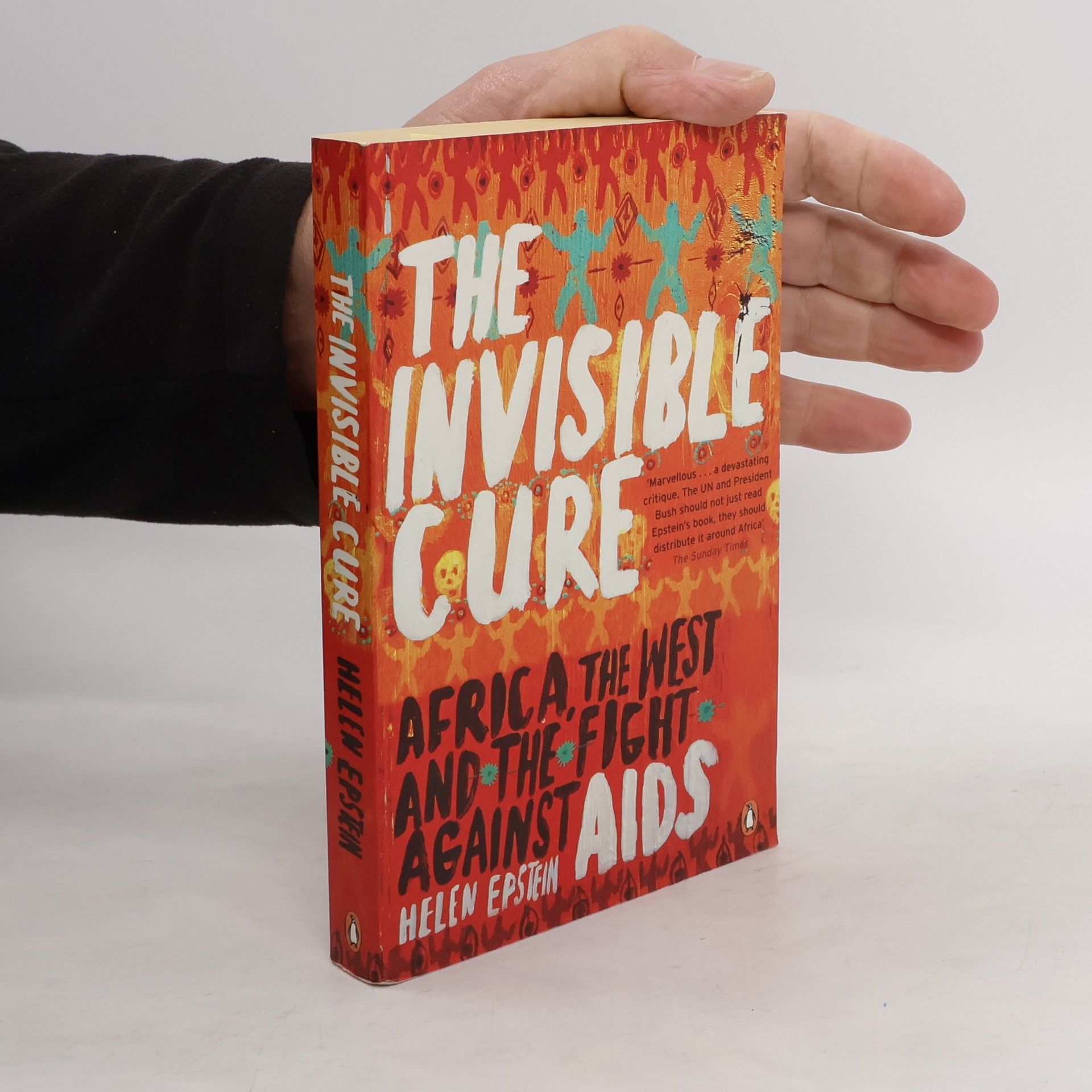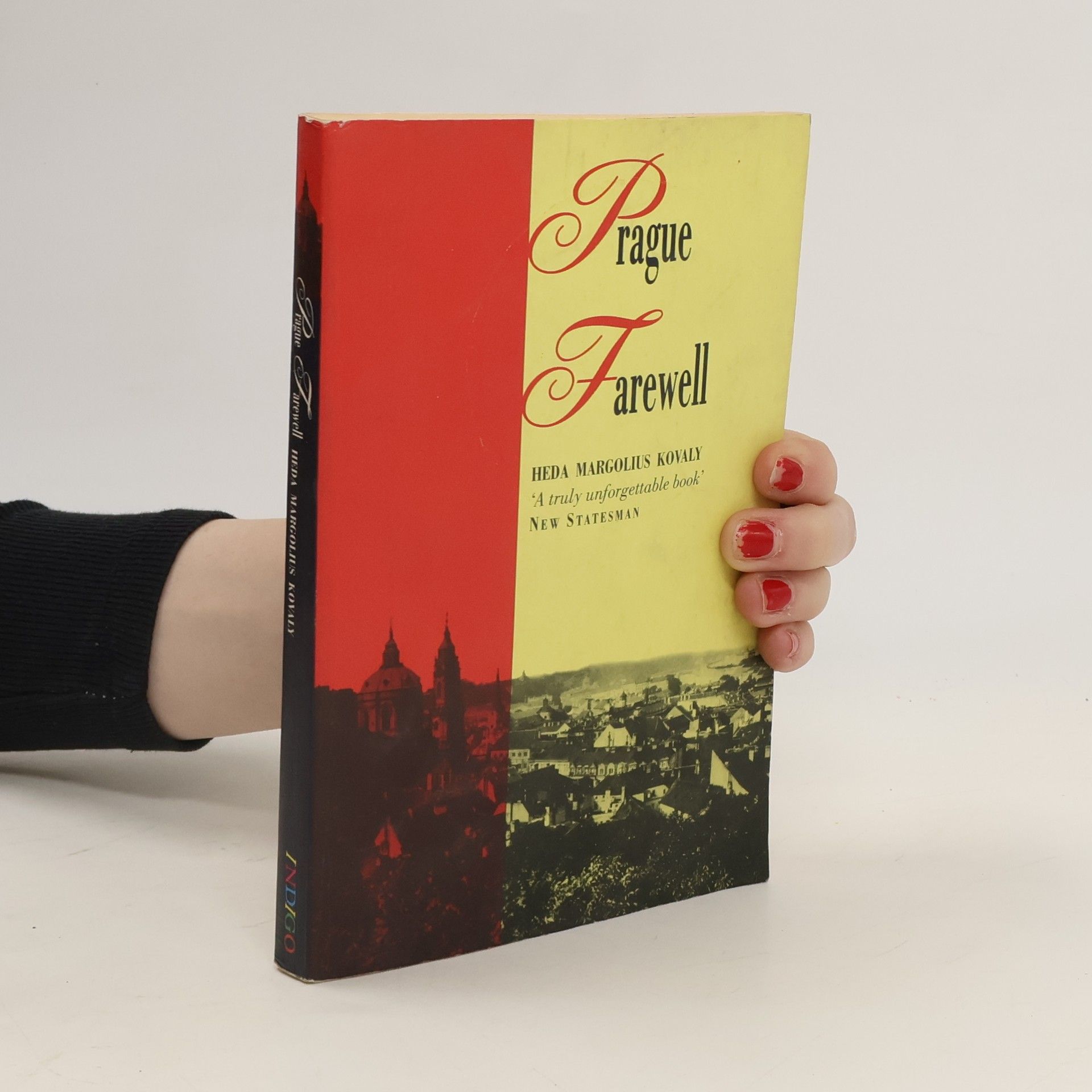Děti holocaustu
- 384 stránek
- 14 hodin čtení
„Děti holocaustu“ – každé z dětí je jedinečné, ale všechny sdílejí stejný osud. Jejich rodiče zažili nacistickou brutalitu a přežili koncentrační tábory, zatímco ony se narodily po válce a vyrůstaly v míru. Přesto je holocaust pronásleduje jako prokletí, které nedokážou pojmenovat. Tíží je břemeno, které se ještě zhoršuje tím, že mnozí rodiče o svých prožitcích nechtějí mluvit, ať už kvůli neschopnosti nebo snaze ušetřit děti vzpomínek na bolest. Trauma se v životě potomků projevuje různými způsoby: někteří žijí jako oběti perzekucí, jiní cítí, že žijí pro své rodiče a stovky zmařených životů. Někteří se snaží „odtrpět“ a vystavují se nebezpečným situacím, zatímco jiní se pokoušejí vzdorovat své židovské identitě. Ať už tak či onak, „normální“ život je pro ně obtížný, cítí se odlišní a tato odlišnost jim brání zapadnout do svého prostředí. Helena Epsteinová, židovská spisovatelka a novinářka narozená v Praze, procestovala svět, aby se setkala s lidmi se stejným osudem. Na základě vlastních zkušeností a příběhů vrstevníků, spolu s historickým a psychologickým bádáním, zmapovala stopy, které otřesná zkušenost rodičů zanechala na jejich dětech. Její kniha, poprvé vydaná v roce 1979, se jako první zabývá transgeneračním přenosem traumatu z genocidy.








